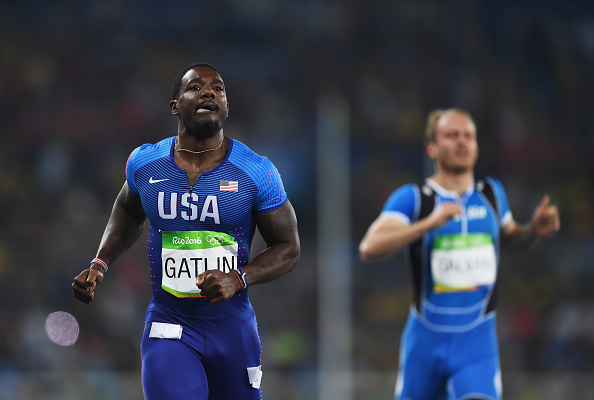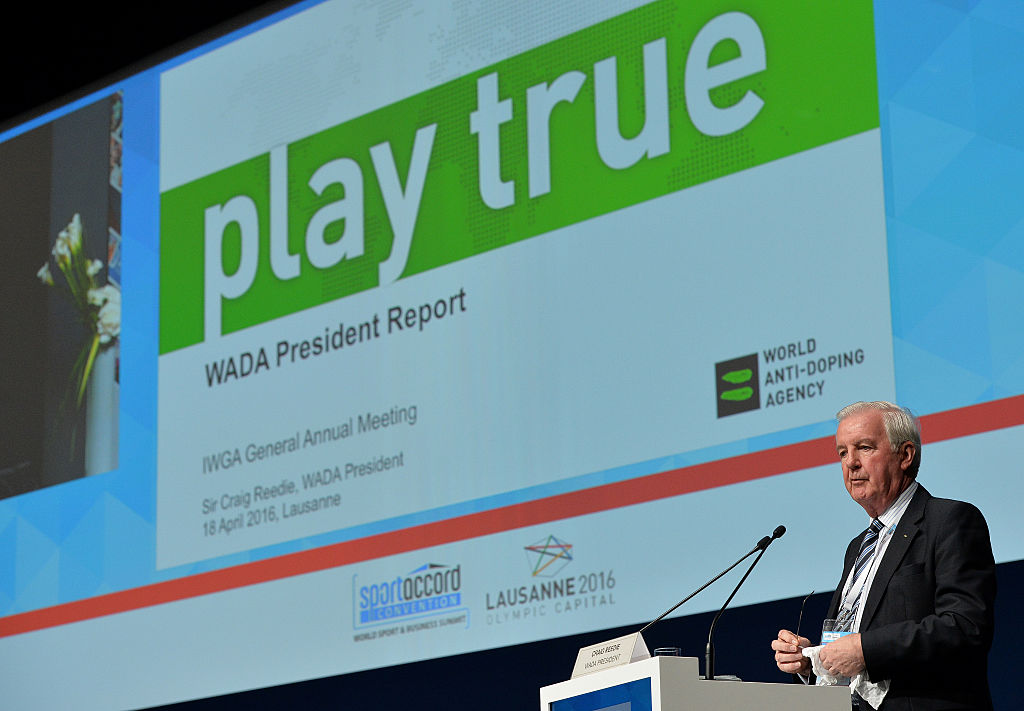Enhanced Games ‘flies in face of world-agreed system’ – former British Olympic chief

Plans for a doped-up alternative to the Olympics, the Enhanced Games, “fly in the face of a world-agreed system” requested and supported by athletes, says former British Olympic chief Sir Craig Reedie.
The Enhanced Games, the brainchild of London-based lawyer Aron D’Souza, has ambitions to launch as soon as next year with the promise that the freedom to use banned substances will see long-standing world records broken.
It is also scathing about the Olympic movement, which Australian D’Souza has accused of being corrupt, anti-science and exploitative of its athletes. Its website urges supporters to take action against leading figures in sport administration, including Reedie.
Critics have described the plans as “dangerous” for encouraging athletes to take risks with their health by taking unlimited drugs, while some former Olympians called the Enhanced Games “a joke, unfair and unsafe”.
Reedie, who was president of the World Anti-Doping Agency until 2019, chairman of the British Olympic Association from 1992 to 2005, and remains on the International Olympic Committee, has now added his voice to the chorus of concerns.
“It has taken 24 years to establish and refine a world-wide anti-doping organisation with support from all governments and almost all of sport,” he told City A.M.
“This has been done at the request of athletes and with their constant support. The organisation funds a comprehensive educational system for athletes to protect clean sport and to ensure constant efforts to prevent doping in sport. Investments are made by both governments and by sport.
“The current discussions of a sporting event which appears to consider a totally different regime flies in the face of the world-agreed system.”
The inclusion of Reedie, 82, on the Enhanced Games website’s “Hall of Shame”, where he is listed as Wada president, is curious given that his tenure ended three and a half years ago.

Major Olympic sports such as track and field, cycling and swimming have been tainted by repeated drug scandals, with Russia’s state-sponsored doping programme the most notorious recent example.
The Enhanced Games site says: “The IOC has committed itself to vilifying enhanced athletes. Each Olympiad, another cohort of brave athletes sets new world records, only to have their medals revoked, their careers suspended, and their names dragged through the mud. It is time to end this oppressive cycle.”
Former UK Anti-Doping Agency board member Professor John Bower said the Enhanced Games were “just dangerous.’The health risks of doping are considerable – heart problems, some cancers, among them. You also have to ask about the message it sends to aspiring athletes.”
Australia’s Olympic chef de mission for Paris 2024 and former Olympic gold medallist Anna Meares called it “a joke. Unfair, unsafe — I just don’t think this is the right way to go about sport.”
